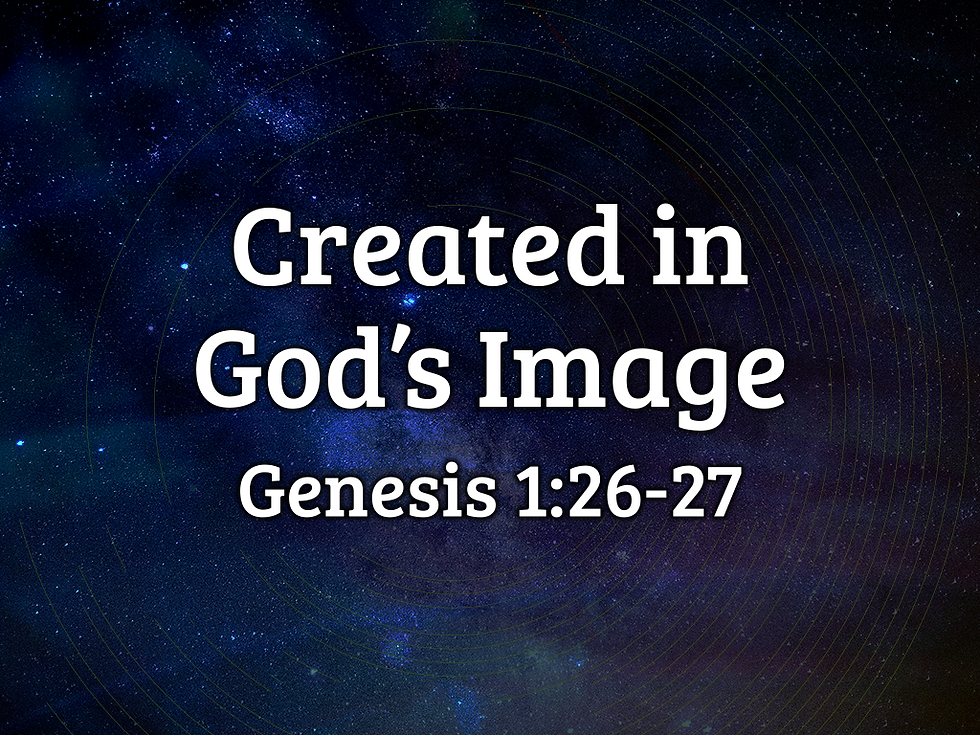Roots of the Faith - The Deity of Christ
- Tabernacle Baptist Church
- Oct 25, 2023
- 1 min read
The Deity of Christ
The Son of God is the Second Person of the Trinity, equal with the Father and the Holy Spirit. In the incarnation, he took on human nature and became the God-man, one person with two natures.
MAIN THEMES
The Son of God is the Second Person of the Trinity, sharing in the one divine nature.
Being fully God, the Son is equal with the Father and the Holy Spirit in nature, power, and glory, but he is distinct from them in terms of his eternal relation and roles.
Two thousand years ago, the eternal Son of God became incarnate, taking on a full human nature, and became the God-man, Jesus Christ.
By the hypostatic union, he is both fully God and fully man, two natures united in one person.
This classical Christology stands opposed to various heresies, both early and modern.
The Son is worthy of worship, obedience, trust, and service.[1]
His Deity
Divine Titles
Mark 1:9-11; John 3:16
Divine References
Titus 2:13; 2 Peter 1:1; Hebrews 1:8
Divine Nature
John 10:30; Hebrews 1:3; Philippians 2:6
Divine Attributes
Omnipresence – Matthew 28:20
Omniscience – Matthew 26:20-25, 30-35
Authority – Matthew 28:18
Divine Activities
Creating – John 1:3; Colossians 1:16
Sustaining – Colossians 1:17
Judging – John 5:22,27; Acts 17:31
Forgiving sins -Mark 2:10
Granting Eternal life – John 5:21; 10:28
His Miracles – The “7 signs” in John’s Gospel.
[1] Gregg R. Allison, 50 Core Truths of the Christian Faith: A Guide to Understanding and Teaching Theology (Grand Rapids, MI: Baker Books: A Division of Baker Publishing Group, 2018), 147–148.
.jpg)



Comments